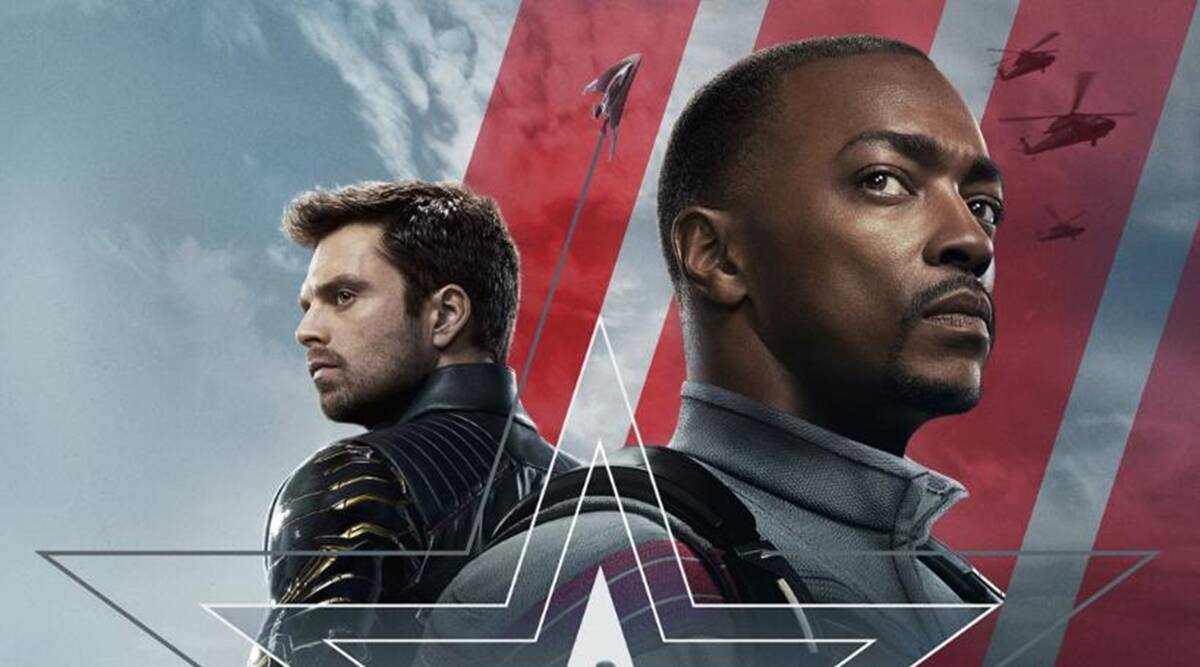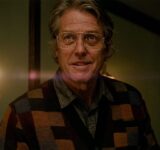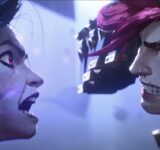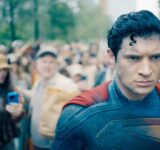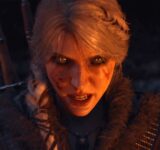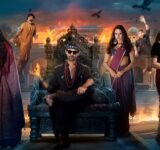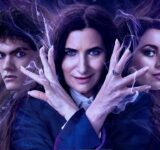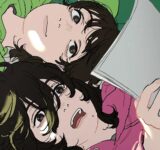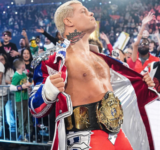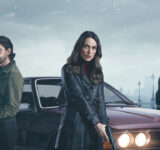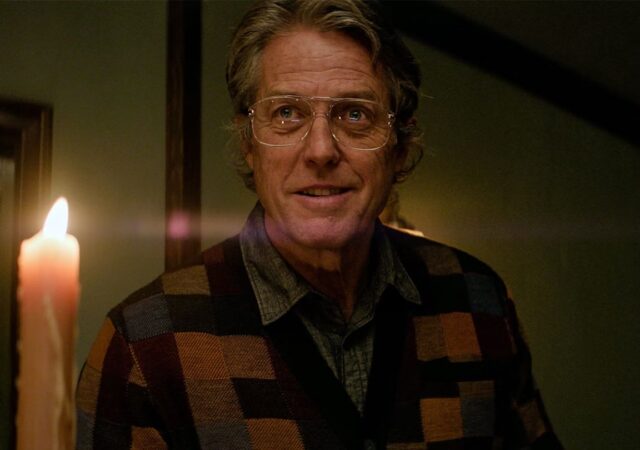The Falcon and the Winter Soldier is interesting, in that it’s ambitious and bites off more than it can chew. The result is an entertaining, but flawed series that suffers from inconsistency and abandoned plotlines.
Sam Wilson (Anthony Mackie) decides to donate Captain America’s shield to a museum after grappling with the dilemma of a black man following in the footsteps of Steve Rogers. Bucky Barnes (Sebastian Stan) is trying to atone for his sins as the Winter Soldier. The two soon get involved in the effort to apprehend a group of terrorists called the Flag Smashers who want to return the world to a pre-Blip state (the Blip being the return of the people killed by Thanos’ snap in Avengers: Infinity War). They also run into John Walker (Wyatt Russell), a decorated veteran who’s been handpicked by the US government to be the new Captain America.
What makes The Falcon and the Winter Soldier stand out is the way it tries to tackle real world issues such as racism, PTSD and the government’s treatment of veterans. Anthony Mackie and Carl Lumbly in particular do well in portraying characters who are affected by racism in different ways. However, it’s often handled in a heavy-handed way.
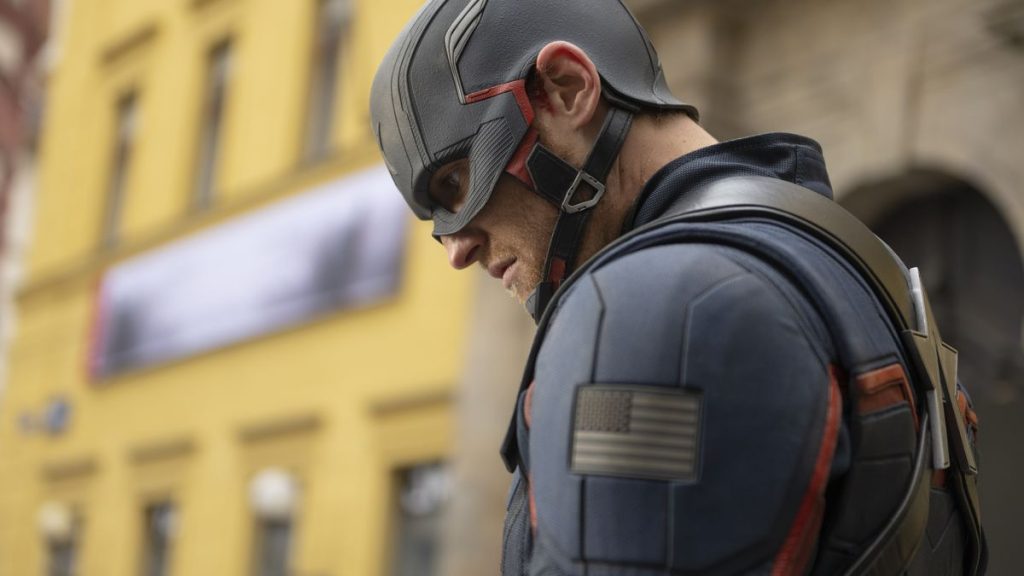
Wyatt Russell’s John Walker is also portrayed in a compelling way for most of the series, and his turn to the dark side makes both narrative and thematic sense. However, his angst and vengeance is hand-waved away in favor of a redemption that feels unearned.
The primary antagonists are also poorly portrayed. The show tries hard to make Karli Morgenthau (Erin Kellyman) sympathetic, but her actions only paint her as a murderous terrorist. It’s never explained what she means by making the world go back to a pre-Blip state, and the opposing Global Repatriation Council (GRC) is barely explained.
Bucky Barnes also gets the short end of the stick. He does get an arc about letting go of his past, but it’s barely touched upon beyond the first episode and only paid lip service to. It’s great seeing him enjoying spending time with Sarah’s family in the finale, but the journey feels undercooked.
That’s not to say that The Falcon and the Winter Soldier doesn’t have good elements.
The action scenes are well-realized and feel like worthy successors to the ones seen in the Captain America movies.
Daniel Brühl’s Baron Zemo is also a delight, serving as a compelling secondary antagonist.
The Falcon and the Winter Soldier works as the bridge between Avengers: Endgame and the recently announced fourth Captain America film. At six episodes, it has too many elements to possibly pull all of them off successfully. Still, it’s an encouraging step in the direction for Marvel television content. After Black Panther, this was the furthest Marvel had delved into real world issues. Let’s hope it gets better at doing so with future content.

